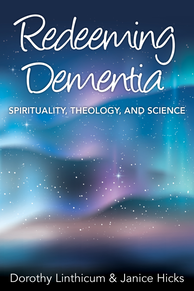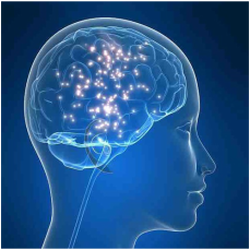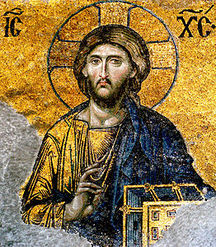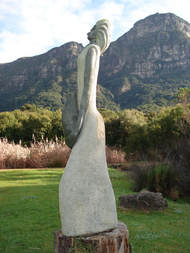Science, theology and stories can help us understand the physical, emotional, and spiritual aspects of dementia. What do we understand about the stages of the disease and what is happening in the brain? Does dementia impact a person's identity as a person of faith or an atheist or in between? How can we use these insights for better care and better advocacy for people with dementia? Learn more by exploring this site and the resources under "our picks."
Science
Understanding dementia as a disease of the brain helps us to keep a focus on understanding symptoms and appreciating just how much of the brain does function even until the last stages. There is no one area of the brain for “self” or “spirituality,” and the diseases causing dementia cannot destroy these aspects. We look to the scientific research with hope for a cure. |
Theology
God is the center of all things and is in relationship with us, and nothing - no illness - diminishes that. Old ideas pointed to rationality as the hallmark of being human, but current theologians broaden to include love, appreciation of beauty and nature, consciousness and spirituality, which are not lost in dementia. The community serves to maintain a person's identity. God has our memory even when we do not. |
Spirituality
People with dementia may move easily among different forms of spirituality: intense awareness of the present, transcendence of the personal self, and feeling of connection with the universe, a supreme being or web of being.
|




